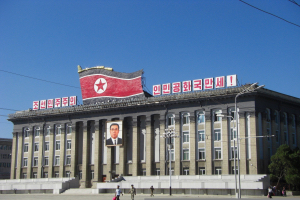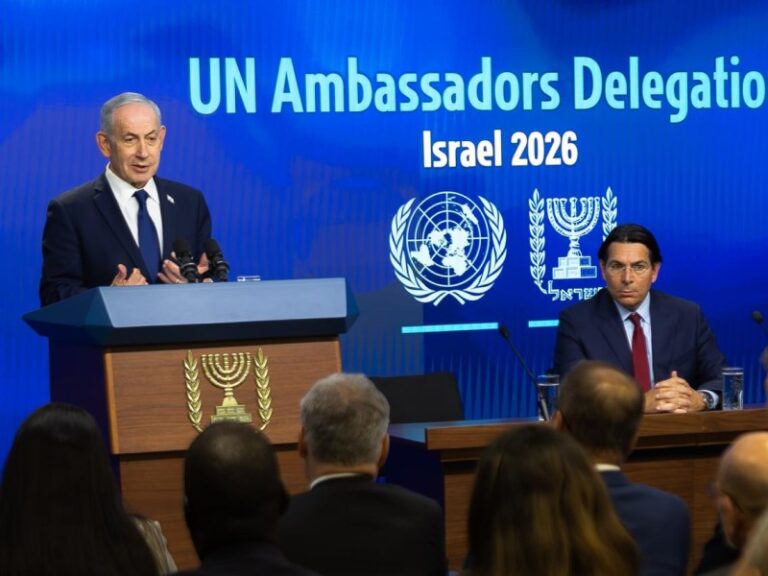
New York: United States Secretary of State Antony J. Blinken, Japanese Foreign Minister Hayashi Yoshimasa, and South Korean Minister of Foreign Affairs Park Jin met today on the margins of the United Nations General Assembly to express their serious concern over North Korea’s [Democratic People’s Republic of Korea – DPRK] “escalatory and destabilizing” messaging related to nuclear weapons use, including its adoption of a new law on nuclear policy.
Blinken reaffirmed the US’s steadfast commitments to the defence of South Korea and Japan. The Secretary and Foreign Ministers urged North Korea to abide by its obligations under relevant UN Security Council resolutions and called for full implementation of these by the international community. They stressed the importance of serious and sustained dialogue and urged Pyongyang to return to negotiations. To this end, Secretary Blinken and Minister Hayashi expressed support for the goal of Seoul’s “Audacious Initiative.” They also reaffirmed the importance of achieving an immediate resolution of the abductions issue. Blinken stressed the United States’ “ironclad” alliance commitments to South Korea and Japan and said their “close, enduring friendships” were critical to the security and prosperity of their citizens, the region, and the world.
They further underscored the importance of working together to address North Korea’s destabilizing behaviour and advance their shared goal of achieving the complete denuclearization of the Korean Peninsula. They condemned North Korea’s numerous ballistic missile launches this year, “each of which violated multiple UN Security Council resolutions and posed a serious threat to the region”. They reaffirmed that a DPRK nuclear test would be met with a strong and resolute response from the international community.
They also affirmed a shared commitment to support the needs and priorities of their Pacific Island partners. These nations are on the front lines of a changing climate that threatens their agriculture and food stability, freshwater availability, and economic viability. Guided by a unified vision of a free and open Indo-Pacific, which is inclusive, the Secretary and the Foreign Ministers pledged to explore ways to coordinate and build upon each other’s efforts to support Pacific Island countries’ access to climate change mitigation and adaptation finance and forecasting. They also reaffirmed their support for Pacific Island countries’ efforts to enhance maritime security and combat illegal, unreported, and unregulated fishing.
The Secretary and Foreign Ministers reaffirmed support for the unity and centrality of ASEAN and support for ASEAN Outlook on the Indo-Pacific. They underscored the need to bolster engagement with ASEAN and within ASEAN-led architecture to maintain a peaceful and stable region. They reiterated support for ASEAN’s efforts to resolve the crisis in Myanmar based on the Five-Point Consensus.
They emphasized the importance of trilateral cooperation to strengthen the rules-based economic order and promote prosperity in the Indo-Pacific region and the world. In particular, they noted the need to stand together in the face of economic coercion and committed to working together to deter and respond to such actions. More broadly, they pledged to work together to uphold the international order in which countries can choose their own path, free from undue pressure.
– global bihari bureau





